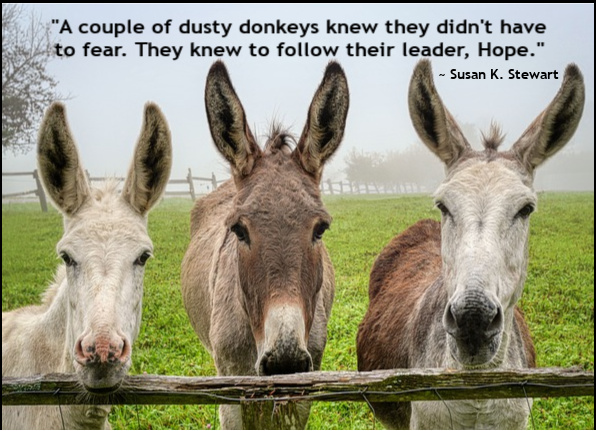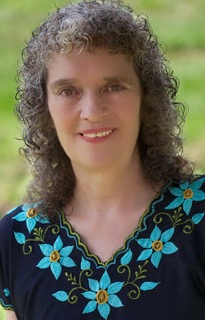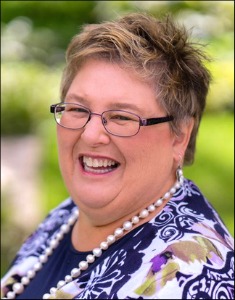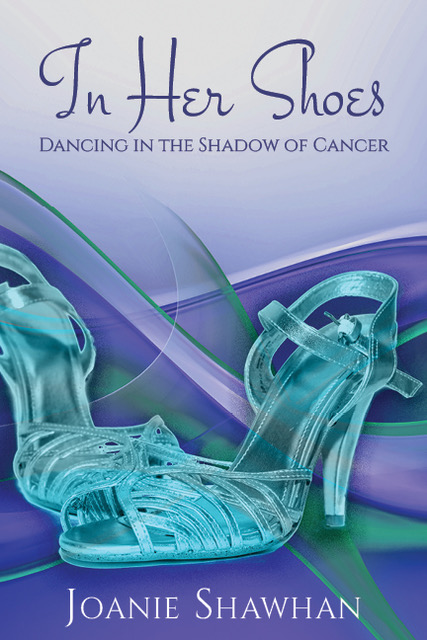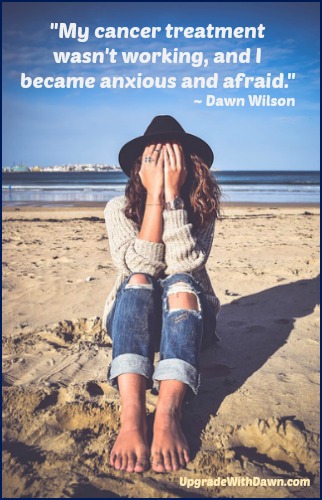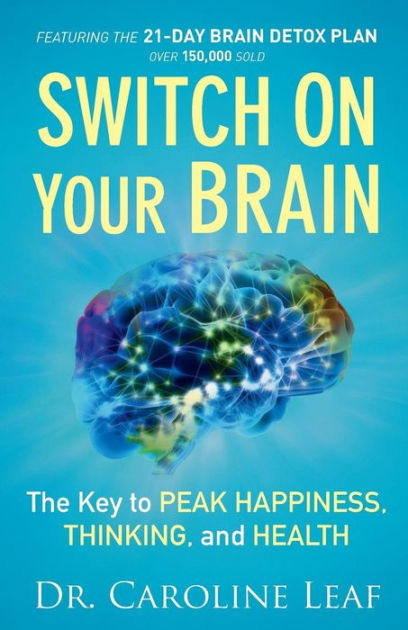7 Steps—Replace Fretting with Peace
Joanie Shawhan, a cancer survivor and registered nurse, understands how anxiety can take charge and make us lose peace. In this Peace UPGRADE, she focuses on a special psalm that gives solid counsel for replacing fretting and returning to a place of peace in the Lord. "Once again, a friend of mine chided me for fretting as I raged about the pervasive evil I saw in the world today," Joanie said. “This is not your circus. These are not your monkeys.”
"Once again, a friend of mine chided me for fretting as I raged about the pervasive evil I saw in the world today," Joanie said. “This is not your circus. These are not your monkeys.”
Oh, how I (Dawn) understand that! How often I have taken on issues and burdens the Lord never intended me to carry. I'm reminded of the old hymn that says, "Oh, what peace we often forfeit..." Joanie explains how we can stop forfeiting our peace.
Joanie continues . . .
All of these circumstances in the world were beyond my control and out of the realm of my influence. Where was the God of Justice?
I had become stuck in a rut of fretting.
A rut rooted in the fear of the future that I had dug through anxiety and worry.
Living in Wisconsin, I’m familiar with ruts. Our wheels spin on snowy roads and create furrows that refuse to disappear until the snow melts.
Ruts become dangerous obstacles that can easily throw us off course.
My pattern of fretting had derailed me. It distracted me from God’s purpose and robbed me of peace. I listened to the voices of the world yammering in my ears and forgot to listen for the voice of the Holy Spirit.
But God reminded me: Do not fret—it leads only to evil (Psalm 37:8 NIV).
I needed a course correction.
How could I avoid the rut of fretting and restore peace?
God offered me a roadmap to peace.
Seven principles from Psalm 37
1. Do Not Fret (v. 1).
According to Scripture, fretting leads only to evil. If I want to follow Jesus and turn away from evil, I need to steer clear of the habitual patterns of agitation and anger that deepen the rut of fretting.
Jesus has called me to walk in righteousness and make right choices through faith in Him.
And this righteousness will bring peace. Yes, it will bring quietness and confidence forever (Isaiah 32:17 NLT).
2. Trust in the Lord (v. 3).
God is faithful and trustworthy even when I don’t understand His plan. My fears and anxiety do not change who He is. They only rob me of my ability to see Him as He is—my loving Father who is constant in His care for me.
Sometimes trust is a choice.
But when I am afraid, I will put my trust in you (Psalm 56:3 NLT).
3. Do Good (v. 3).
In spite of the evil churning around me, God’s Word tells me to never get tired of doing good (Galatians 6:9-10 NLT).
Even in the face of adversity, I’m called to love and serve others in humility.
He also commands me to pray for my enemies and those who may do me harm.
4. Delight in the Lord (v. 4).
To delight in the Lord, I must focus on who God is, on His power and majesty. When my eyes are turned toward the Lord, I can’t focus on myself, my circumstances, and those situations that rob my peace.
Delighting in the Lord comes with a promise.
The Lord makes firm the steps of the one who delights in him (Psalm 37:23 NIV).
5. Commit Your Way to the Lord (v. 5).
God is the one who will order my steps. My days are in His hands.
Even when the evil is personal or I feel betrayed, God is the one who will vindicate me.
Trust in the Lord with all your heart; do not depend on your own understanding. Seek his will in all you do, and he will show you which path to take (Proverbs 3:5-6 NLT).
6. Be Still Before the Lord (v. 7).
Sometimes I’m so busy grumbling and complaining that I neglect to listen. I’ve discovered that when I’m quiet and still, I’m more apt to hear the voice of the Lord.
His voice and His presence will restore my peace by reminding me of who He is.
Be still, and know that I am God (Psalm 46:10 NIV).
7. Wait Patiently for Him (v. 7)
Patience is not my virtue. I want to rush God, especially when he takes longer to answer my prayers than I would like.
But I need to remember God is not finished yet.
For the Lord is a God of justice. Blessed are all who wait for him! (Isaiah 30:18b NIV).
Finally, brothers and sisters, whatever is true, whatever is noble, whatever is right, whatever is pure, whatever is lovely, whatever is admirable—if anything is excellent or praiseworthy—think about such things (Philippians 4:8 NIV).
By following God’s words of wisdom, I can avoid the dangerous rut of fretting.
What ruts of fretting rob your peace?
 Joanie Shawhan shares true-life stories, offering her reader an eyewitness view of the action. Her Selah Awards Finalist book, In Her Shoes: Dancing in the
Joanie Shawhan shares true-life stories, offering her reader an eyewitness view of the action. Her Selah Awards Finalist book, In Her Shoes: Dancing in the  Shadow of Cancer, reflects the value of “Your story plus my story become our stories.” An ovarian cancer survivor and registered nurse, Joanie speaks to medical students in the Survivors Teaching Students program. She co-founded an ovarian cancer social group: The Fried Eggs—Sunny-Side Up. Publishing credits include: Guideposts Divine Interventions, Snapshots of Hope & Heart, Wit, Whimsy & Wisdom, Life Repurposed, and We May Be Done But We’re Not Finished. Follow Joanie at www.joanieshawhan.com.
Shadow of Cancer, reflects the value of “Your story plus my story become our stories.” An ovarian cancer survivor and registered nurse, Joanie speaks to medical students in the Survivors Teaching Students program. She co-founded an ovarian cancer social group: The Fried Eggs—Sunny-Side Up. Publishing credits include: Guideposts Divine Interventions, Snapshots of Hope & Heart, Wit, Whimsy & Wisdom, Life Repurposed, and We May Be Done But We’re Not Finished. Follow Joanie at www.joanieshawhan.com.
Graphic adapted, courtesy of Anne Nygård at Unsplash.
 Post a Comment → Posted on
Post a Comment → Posted on  Thursday, February 24, 2022 at 10:10AM
Thursday, February 24, 2022 at 10:10AM  Anxiety,
Anxiety,  Fear,
Fear,  Fret,
Fret,  Fretting,
Fretting,  Joanie Shawhan,
Joanie Shawhan,  Peace,
Peace,  Psalm 37,
Psalm 37,  UpgradeWithDawn,
UpgradeWithDawn,  Worry Upgrade Your Life
Worry Upgrade Your Life  Fighting Fear,
Fighting Fear,  Peace,
Peace,  Trusting God
Trusting God 




